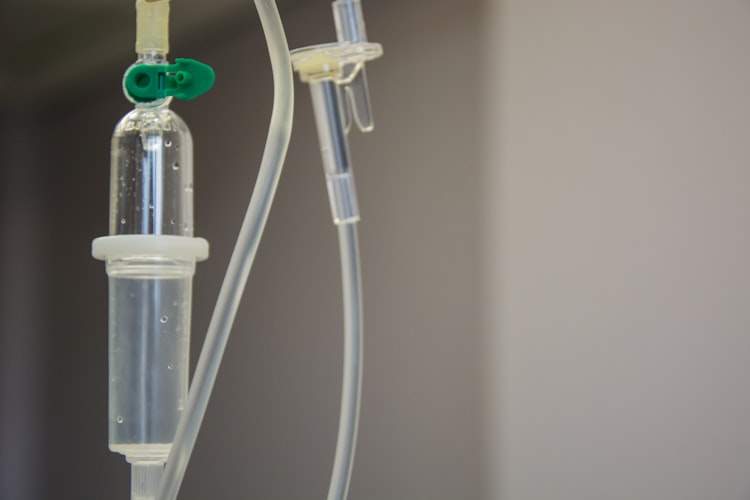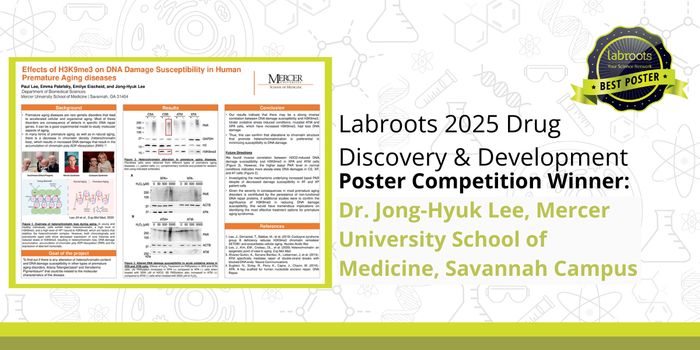Combination Immunotherapy Stops Liver Cancer Growth
The number of individuals diagnosed with liver cancer is on the rise and current therapies are largely ineffective. However, new preclinical data from the University of California San Diego School of Medicine offers renowned hope. In a study published in Hepatology, a combination immunotherapeutic involving a synthetic double-stranded RNA (dsRNA) polyinosinicpolycytidylic acid (polyIC) with a programmed death-ligand 1 (PD-L1) antibody, was shown to suppress tumor growth in the liver.
"We need to find effective new therapies for this disease. The best drugs in the world only extend a patient's life by an average of three months," said Gen-Sheng Feng, PhD, professor of pathology and molecular biology at UC San Diego and senior author on the paper. "Many immunotherapeutic reagents or protocols are in clinic trials, but very few were based on or justified by solid preclinical data. This study may shift the paradigm in liver cancer treatment, by carefully designing a combination therapy that activates multiple innate and adaptive immune functions within the liver."
In mouse models, the combination of the two reagents effectively inhibited the progression of hepatocellular carcinoma (HCC) and with complete tumor remission and tumor-free survival. The focus of the study was on primary liver cancer, but researchers are also reviewing the effects of the combination immunotherapeutic on metastatic liver cancer and the malignant disease at advanced or terminal stages. Additionally, researchers are examining optimal dosages and are considering other reagent combinations that could be more effective.
"Liver cancer is much more complicated than we thought," says Feng. "We and other researchers found recently that deleting classic oncogenes ironically aggravates liver cancer. The liver has a unique immune-tolerant microenvironment. That's why we haven't been able to develop an effective treatment for liver cancer by blocking oncogenic signaling. Immunotherapy with checkpoint inhibitors, while in many clinical trials worldwide, may have uncertain outcomes due to low or poor response."









